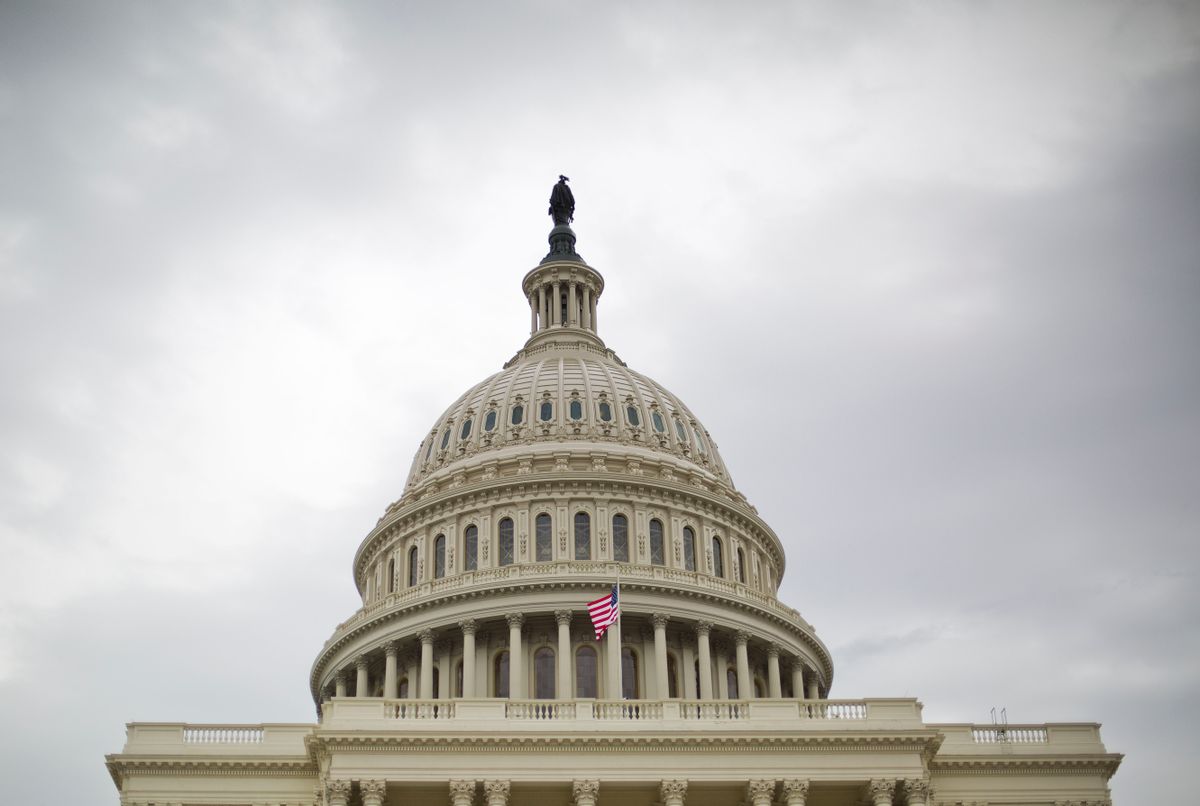 Editor's note: As of April 2018, there are three special elections for U.S. House seats and two special elections for U.S. Senate seats upcoming in 2018. Click here for a full list. Also, as of April, 68 state legislative special elections have been scheduled or held in 23 states. Click here for an updated list.
Editor's note: As of April 2018, there are three special elections for U.S. House seats and two special elections for U.S. Senate seats upcoming in 2018. Click here for a full list. Also, as of April, 68 state legislative special elections have been scheduled or held in 23 states. Click here for an updated list.
We are so focused on political parties, and also on the personalities of candidates, that we almost always ignore some of the really important, and sometimes transformational things that are also “on the ballot” in congressional elections.
And when there is a Special Election in the middle of a Congressional Session, this is even more the case, as brand-new lawmakers can change the dynamic on Capitol Hill, helping to sway the outcome of numerous bills awaiting votes in Congress.
So, here are just a few of the bills that currently exist and are waiting to be voted on (or not) that a Congresswoman Debbie Lesko or a Congresswoman Hiral Tipirneni — currently in a battle to fill the seat left vacant by incumbent Rep. Trent Franks (R-Ariz.)—will be able to co-sponsor and vote for. Or not.
Arizona's 8th District voters aren't the only American voters who have a say in who's getting a seat in the 115th Congress. Voters in Ohio's 12th and Michigan's 13th are also tasked with filling vacancies in upcoming special elections. Also, voters from Minnesota and Mississippi will vote to fill vacant Senate seats.
The following bills have the power of enacting transformational change across the nation on issues that should concern everyone.
- The Clean Energy for America Act: To incentivize additional renewable energy and more renewable energy jobs, potentially helping to turn Arizona into a solar power "powerhouse."
- The Paycheck Fairness Act: To ensure that women receive equal pay for equal work. The bill already has 199 sponsors and co-sponsors and only needs 19 more supporters to have enough votes to pass the House. Will any of the candidates seeking congressional seats this year be that 200th vote?
- The Citizen Sovereignty Act: To help reduce the influence of big money lobbyists in Washington. The bill will be introduced on April 25, the day after the April 24th special elections.
- The Safe and Affordable Prescription Drug Importation Act: To allow Americans to purchase prescription drugs from Canada at lower rates than available in the United States and “The SPIKE Act” to prevent large spikes in the cost of currently available drugs.
- The Save Net Neutrality Act: To return net neutrality as the law in the U.S.
- The Fair Representation Act: To end political gerrymandering, the practice of states choosing political districts for political benefit.
- The Student Loan Fairness Act: To allow college students to benefit from the same interest rates as big banks do.
- The Marijuana Justice Act: To eliminate federal penalties for the possession or use of marijuana for recreational purposes.
- The Dog and Cat Meat Trade Prohibition Act: One of many bills that affect animals that almost never receive public attention, this would overrule laws in many states allowing for the killing of dogs and cats and help NGOs end the Yulin Dog Meat Festival (currently stuck in committee).
- The PAST Act: Also stuck in Congress, this would outlaw the torture of Tennessee Walker horses, reversing a law that animal rights advocates consider to be one of the cruelest in American history.
- The Dream Act: To cancel the removal and grant lawful permanent resident status on a conditional basis to an alien who is inadmissible or deportable.
- The Medicare for All Act: To expand Medicare to all ages and allow every American to receive medical services from the government if they so desired.
- The Background Check Expansion Act: To create comprehensive background checks for gun purchases.
Also, in March of 2017, Congress passed H.J.Res 69 to allow hunters in Alaska to shoot baby bears and their parents hibernating in their dens, overturning a key Obama-era animal rights law. Will Lesko or Tiperneni—or other candidates seeking congressional seats this year in Ohio and Michigan — support a bill to overturn this cruel resolution if they are elected?
Legislators legislate. That is their responsibility. Their main job is to sponsor or co-sponsor and vote for pieces of legislation that will solve the challenges of the American people and move our country forward.
If you are eligible to vote for candidates seeking a legislative seat, ask them specifically whether they will co-sponsor and vote for bills that you care about.
And, then, it is your responsibility to go to the polls and "hire" a proxy who will go to Washington and vote for these bills.
So, let's move beyond political parties and talk about—and hold our political candidates responsible for—voting for the specific things that matter to us, our families, animals and the environment, and the direction of our country.
Tell your elected lawmakers in Washington how they should vote on these important bills. Click here to contact your representative. Click here to contact your senator.



Shares